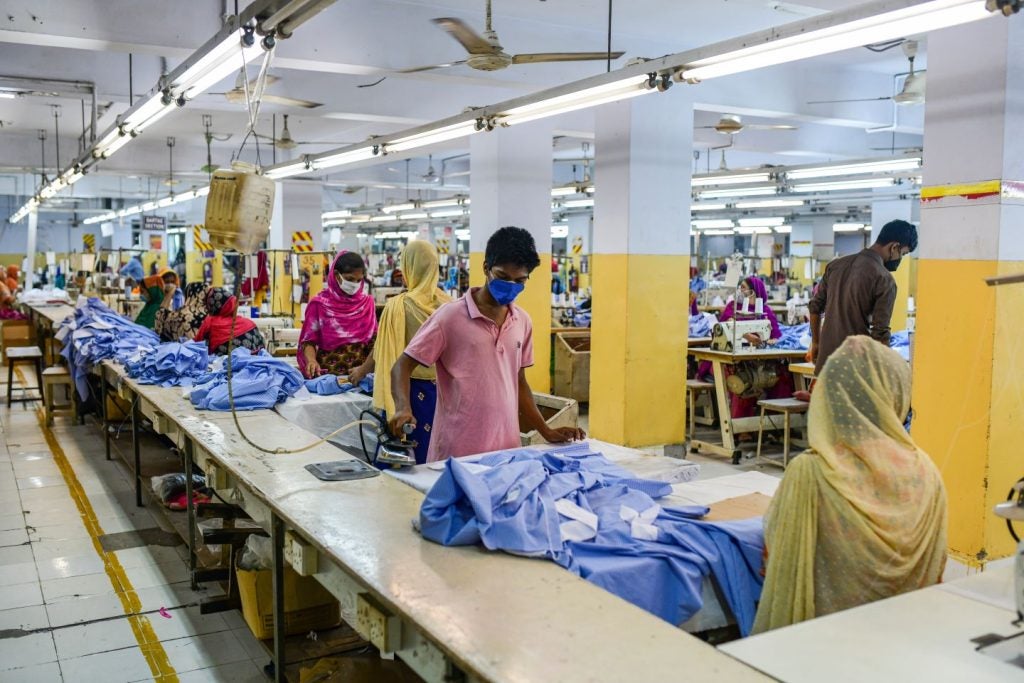Glas said the Protecting American Industry and Labor from International Trade Crimes Act legislation demonstrates “strong bipartisan, bicameral support for this common-sense proposal”.
“For too long, import fraud and other trade crimes have harmed vital and strategic domestic manufacturing industries such as the US textile industry, which has lost 18 plants and laid off hundreds of workers in just the past several months. Further, our Western Hemisphere trade partners have also suffered widespread closures and suffered tens of thousands of job losses. As such, these pervasive trade crimes call for strong action.
“This critical legislation achieves just that. It will provide the government the necessary tools to prosecute a range of trade crimes, including products made with forced labour that are evading the US ban on such imports, fraudulent rules of origin claims under our free trade agreements, evasion of duties through abuse of the de minimis loophole, and a myriad of other predatory practices.
“NCTO has long called for additional federal tools and resources to urgently address the trade crimes impacting our industry as well as other US manufacturing sectors. We believe this bipartisan legislation will address this rampant problem and strengthen investigations and prosecution of this fraud. It is a critical step forward and will hold bad actors accountable while creating a more level playing field for domestic industries.”
The Protecting American Industry and Labor from International Trade Crimes Act:
- Establishes a new task force or similar structure within the DOJ’s Criminal Division to investigate and prosecute trade-related crimes
- Enhances nationwide responses to trade-related offences by providing training and technical assistance to other federal, state, and local law enforcement agencies, expanding investigations and prosecutions, and allowing for parallel criminal and civil enforcement actions
- Requires the Attorney General to submit an annual report to Congress assessing the DOJ’s efforts, statistics on trade-related crimes, and fund utilisation
- Authorises $20,000,000 for FY 2025 to support these efforts with appropriate guardrails.
It builds on an earlier meeting with US secretary of homeland security Alejandro N. Mayorkas where he was updated on the continuing pressures facing the US textile industry, driven in part by unfair and unlawful trading practices used by bad actors to exploit international supply chains.
NCTO commended DHS for actions taken under the secretary’s textile enforcement plan, released in April 2024, which launched special enforcement operations to increase inspection of textile imports, increased audits to ensure adequate documentation for imports, and expanded textile verification visits to ensure foreign manufacturers comply with international and US requirements.
The secretary emphasised the importance of enforcing US trade laws and highlighted DHS actions to crack down on violative textile imports. He also recommitted to working closely with administration partners, the White House, and Congress to address enforcement in the de minimis environment to stop unfair, unlawful trading practices.















